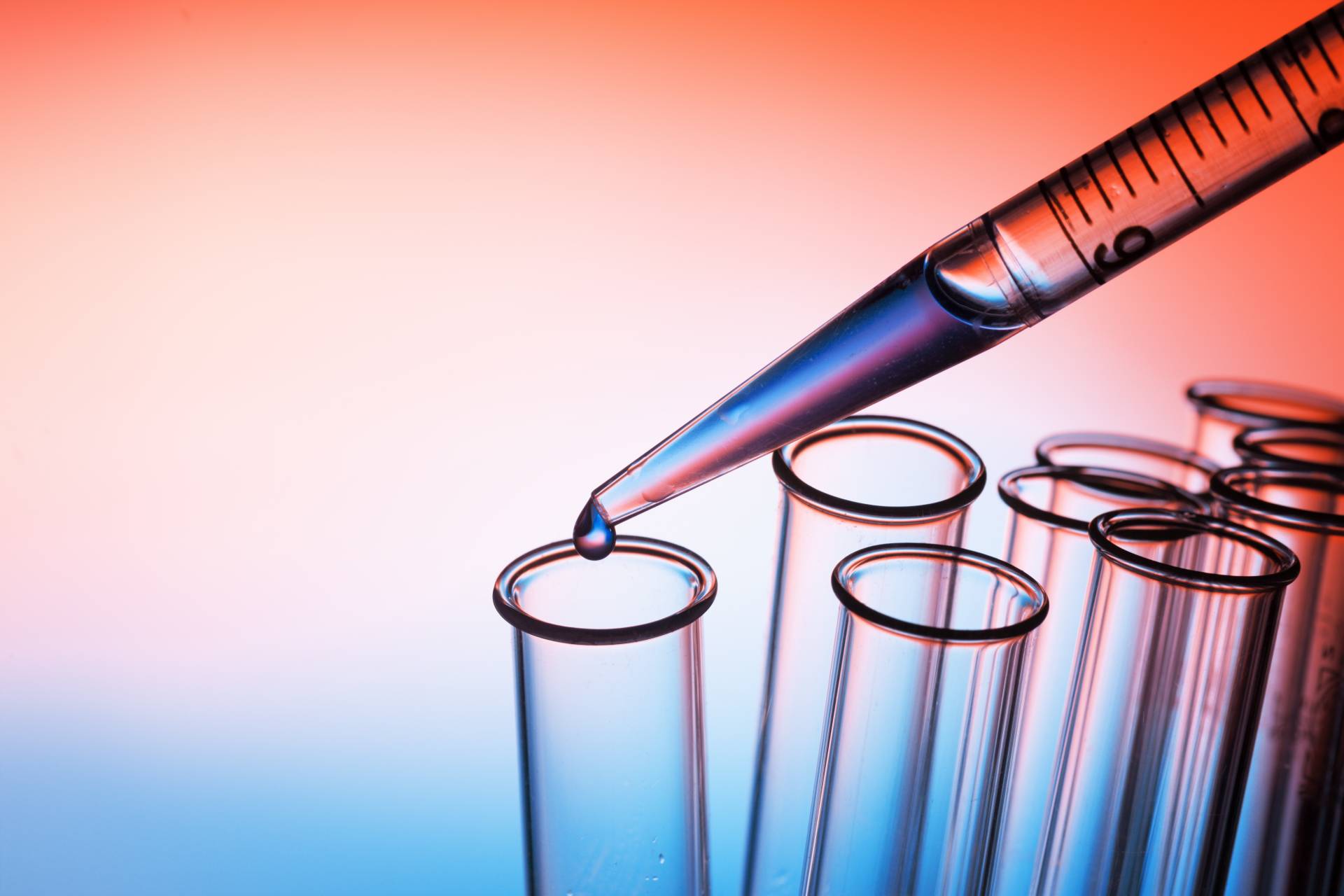01 Sep FDA APPROVAL OF AML THERAPY IS A SIGNIFICANT ADVANCE FOR BLOOD CANCER PATIENTS
Rye Brook, N.Y. (September 1, 2017) – The steady march of progress in new treatments for patients with acute myeloid leukemia (AML), one of the most deadly blood cancers which takes more than 10,000 lives in the U.S. each year, continues today with the U.S. Food & Drug Administration approval of gemtuzumab ozogamicin (Mylotarg®).
After four decades of little progress for this lethal disease, today’s approval of Mylotarg, manufactured by Pfizer, marks the fourth approval of a therapy for AML patients in just the past three months. The Leukemia & Lymphoma Society (LLS) has played a role in the advancement of each of these therapies at some point along their development.
The FDA approved Mylotarg for treatment of adults with newly diagnosed AML both in combination with chemotherapy and on its own, and for the treatment of patients aged 2 years and older who have experienced a relapse or who have not responded to initial treatment.
Mylotarg is approved for patients whose AML cells express a specific protein, CD33, commonly found on the surface of the cancer cells. The drug consists of an antibody that binds to the CD33 protein and a toxin that kills the cancer cells.
More than 21,000 people in the United States are diagnosed with AML each year.
Mylotarg had originally been FDA approved in 2000 under the agency’s accelerated approval process, but was voluntarily removed from the market in 2010 because a post-marketing trial failed to show improvement in multiple patient outcome measurements. It also was found to result in a high rate of fatalities due to toxicity.
On July 11, an FDA review panel recommended its return to market, citing a new clinical trial where a lower dose of Mylotarg was used. In this study, there was improvement in the patients’ response to treatment. Today’s FDA decision was also based on two studies testing the drug as a stand-alone treatment.
“Today’s approval is another important step in addressing the critical unmet medical need for AML patients,” said Louis J. DeGennaro, LLS President and CEO. “After so many years of limited options we are finally building a treatment armamentarium to give AML patients more choices and a chance for better outcomes.”
To read more about Mylotarg view the FDA’s release here.
The FDA also recently approved these therapies for AML:
- Novartis’s midostaurin (Rydapt®) was approved on April 28 in combination with chemotherapy for a subset of patients with a mutation called FLT3, which constitutes approximately 30 percent of the AML population.
- Celgene and Agios’s enasidenib (IDHIFA®) was approved on August 1 for AML patients with the IDH2 mutation, which impacts 12 percent of AML patients.
- Jazz Pharmaceutical’s CPX-351 (VyxeosTM), an innovative reformulation of two standard chemotherapies that optimizes the ratio and delivery of the drugs, was approved August 3 for patients with secondary AML, a high-risk subtype that occurs in 10-20 percent of AML patients and has a very poor prognosis. Vyxeos was originally developed by Celator Pharmaceuticals, then taken over by Jazz.
Despite progress in treating other blood cancers, until recently there had been few new therapies approved for AML in the past 40 years. The majority of patients continue to be treated with the same two chemotherapeutic agents, which are especially toxic in older adults. The prognosis for AML patients is very poor, especially for patients older than 60, with less than 20 percent of these patients surviving five years after diagnosis.
LLS is leading the offensive to change the approach to AML treatment with a multi-faceted initiative. LLS invests more than one quarter of its research budget annually in AML research and is currently supporting approximately 60 preclinical and clinical AML projects.
Last year, LLS launched its own groundbreaking precision medicine study, the Beat AML Master Trial, a significant collaboration in which multiple targeted treatments for newly diagnosed AML patients are being tested simultaneously at multiple cancer centers around the country.
“Since our founding more than 68 years ago, we have recognized the urgency of finding new and better treatments for AML. After four decades and millions of dollars invested, we are finally seeing results for AML patients that give us real reason for hope,” DeGennaro said.
About The Leukemia & Lymphoma Society
The Leukemia & Lymphoma Society® (LLS) is the world’s largest voluntary health agency dedicated to blood cancer. The LLS mission: Cure leukemia, lymphoma, Hodgkin’s disease and myeloma, and improve the quality of life of patients and their families. LLS funds lifesaving blood cancer research around the world, provides free information and support services, and is the voice for all blood cancer patients seeking access to quality, affordable, coordinated care.
Founded in 1949 and headquartered in Rye Brook, NY, LLS has chapters throughout the United States and Canada. To learn more, visit www.LLS.org. Patients should contact the Information Resource Center at (800) 955-4572, Monday through Friday, 9 a.m. to 9 p.m. ET.
Contact: Andrea Greif
(914) 821-8958


